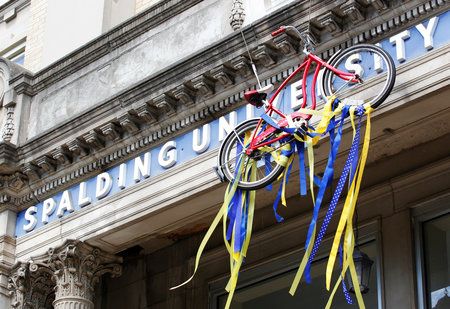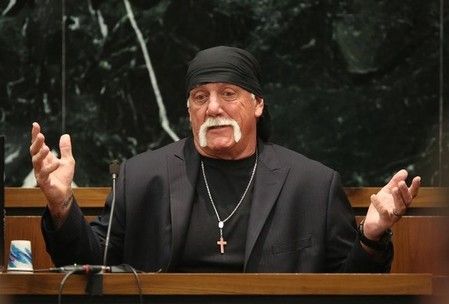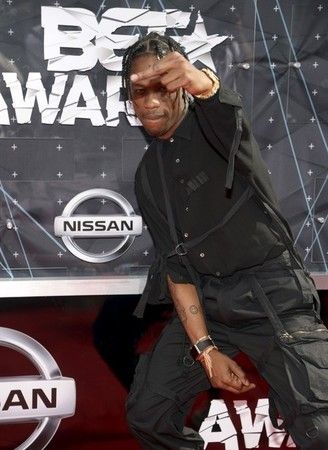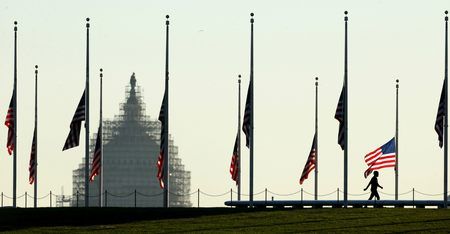Advertisement
Thousands of voters in limbo after Kansas demands proof they’re American
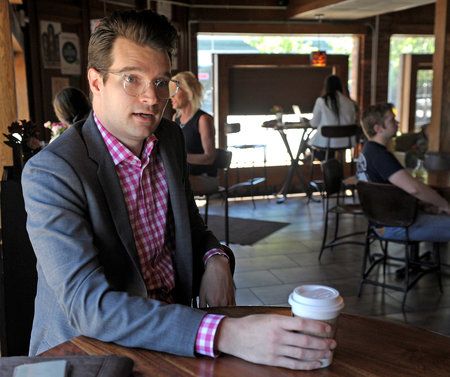
By John Whitesides
WICHITA, Kansas (Reuters) – After moving to Kansas, Tad Stricker visited a state motor vehicle office to perform what he thought was the routine task of getting a new driver’s license and registering to vote.
It was a familiar procedure for Stricker, 37, who has moved from state to state frequently in his work as a hotel manager. He filled out a voter registration form and got his driver’s license. He was not asked for more documents, he said.
So he was stunned when he tried to cast a ballot in November 2014 and was told he was not on the voter rolls. A month later, a letter from the state said why: His registration had been placed “in suspense” because he had failed to meet a state requirement he did not know about – proving he was an American.
Spurred by Secretary of State Kris Kobach, a national leader in pushing for anti-immigration and voting changes, more than 36,000 Kansas residents have joined Stricker in limbo since early 2013 under a state law that raises a new and higher barrier to voting in the United States: proof of citizenship.
While you must be a U.S. citizen to vote in American elections, most states allow those wishing to register to simply sign a statement affirming they are citizens and provide a driver’s license number, Social Security number, or other proof of residency.
A Reuters analysis of the Kansas suspense list shows the law disproportionately hits young voters, who often do not have ready access to the needed documents, as well as unaffiliated and Democratic voters in the Republican-controlled state.
“What a shock,” said Stricker, who was born in Missouri and moved to Kansas with his wife from Illinois. “I was under the impression I had registered to vote, I had done everything I needed to. I just thought, ‘This can’t be happening.'”
While the law won’t affect its status as a safe Republican state in November’s presidential election, it thrusts Kansas into a national debate over voting restrictions that has accelerated since the Supreme Court struck down parts of the Voting Rights Act in 2013, a signature legislative achievement of the 1960s civil rights movement.
Kobach’s involvement has raised the stakes in the fight against the Kansas law. Democrats and voting rights advocates say his influence with conservatives could help spread the concept to other states. His critics scored a victory on May 17 when a federal judge weakened the law. Kobach quickly appealed.
The lawsuit was brought by the American Civil Liberties Union, and Stricker was a plaintiff in the case.
Photo identification laws and other voting measures have proliferated in recent years in Republican-held states, but “the one that gets me most nervous” is the proof of citizenship requirement in Kansas, said Pratt Wiley, director of voter expansion for the Democratic National Committee.
“What you will see is that what is learned in one state, or doesn’t work in one state, there is a small adjustment and then it’s applied in a different state,” Wiley said, calling Kansas “patient zero” in that process.
Kobach has gained a national reputation for pushing a series of voting and anti-immigration measures across the country, leading one Democratic congressman to dub him “the dark lord” of the anti-immigration movement – a label he wears proudly.
‘MOVING THE BALL’
“I don’t know if I would call it a badge of honor but it reflects that I’m moving the ball in what I think is the right direction,” Kobach said in an interview in his Topeka office across from the state Capitol.
Three other states have adopted proof of citizenship laws championed by Kobach, although officials said two of them had not implemented them. Bills have been introduced in at least nine other states to create a similar law since 2012, although none have advanced very far, according to the National Conference of State Legislatures.
The law Kobach spearheaded in Kansas requires registrants to prove their citizenship by providing one of a series of documents, including birth certificates and passports. They are placed on the suspense list if they can’t.
Since late last year, those who did not complete the requirements for registration have been purged from the voter rolls after 90 days and had to begin the process over again.
About 14 percent of Kansans who tried to register between the law’s onset in 2013 and late 2015 failed to meet the requirement and went on the suspense list, according to documents filed in a lawsuit challenging the requirement.
“It’s created a system that is needlessly complex and very discouraging, particularly for young people,” said Steve Lopes, head of the Johnson County Voting Coalition, which helps register voters. “Now people just say, ‘Forget it, I’m not going to vote’.”
Kobach rejects accusations the law is designed to suppress voter turnout, particularly among minority and low-income voters who tend to back Democrats. He says it is aimed at stopping what he describes as a rampant problem of non-citizens voting in U.S. elections – even though there is little evidence of the problem.
“Every time an alien votes, it cancels out the vote of a U.S. citizen. That’s real disenfranchisement, it’s happening every election and it’s happening in every state,” Kobach said, estimating thousands of non-citizens are on voting rolls in big states with large immigrant populations.
Citing that threat, Kobach convinced the Kansas legislature in 2015 to give him the power to prosecute voter fraud. But he has won just four misdemeanor illegal voting convictions, mostly involving people who owned at least two properties and cast votes in both locations. None involved non-citizens voting, although Kobach said more complaints will be filed.
U.S. District Court Judge Julie Robinson, who issued a May 17 order that Kansas begin to register more than 18,000 voters kept off the rolls by the proof of citizenship law, noted Kansas could identify only three non-citizens who voted between 2003 and the onset of the law in 2013.
RISK OF DISENFRANCHISEMENT
“The court cannot find that the state’s interest in preventing non-citizens from voting in Kansas outweighs the risk of disenfranchising thousands of qualified voters,” she wrote.
Of the 16,775 people on a late-April suspense list obtained by Reuters, more than half were ages 17 through 21, and more than 60 percent were age 25 or under. They were clustered in the high-population areas of Wichita, Topeka and the Kansas City suburbs, and the college towns of Lawrence and Manhattan.
About 41 percent were unaffiliated, more than the approximately 30 percent of registered Kansas voters who are unaffiliated. About 35 percent of those on the list were Democrats, compared to 24 percent of registered voters. Twenty-three percent were Republicans, compared to 45 percent of registered voters, according to a Reuters analysis of the data.
Younger voters, who are more likely to register as unaffiliated or Democrats, have a harder time getting the documents needed and have less patience with what has become an unwieldy process, said Michael Smith, a professor at Emporia State University who has studied the Kansas suspense list.
Kobach said it was “natural” that young people were heavily represented on the suspense list because they are the majority of new registrants. He rejected criticism that a proof of citizenship requirement created a higher barrier for registrants.
“If you define a barrier to voting as just having to do something before you vote, every state has that barrier, virtually every state requires proof of address,” he said.
In her court ruling, Robinson said the Kansas requirement conflicted with a federal law designed to make it easier to register while getting a driver’s license. She ordered Kansas on June 14 to begin registering Stricker and other residents who had submitted voter applications through state motor vehicle offices but failed to provide proof of citizenship.
They will be able to vote in federal elections for the presidency and U.S. Congress.
But Robinson’s ruling did not end the proof of citizenship requirement for Kansans who register by mail or at locations other than motor vehicle offices, and it left even those registering while getting a driver’s license ineligible to vote for state and local offices.
For now, that has created a chaotic two-tier system where some Kansans can vote in state elections and some cannot, some need to provide proof of citizenship and others do not, and many county election officials are uncertain how to proceed.
“It’s a complete mess,” said Marge Ahrens, co-president of the nonpartisan Kansas League of Women Voters.
(Additional reporting by Grant Smith in New York; Editing by Jason Szep and Ross Colvin)






